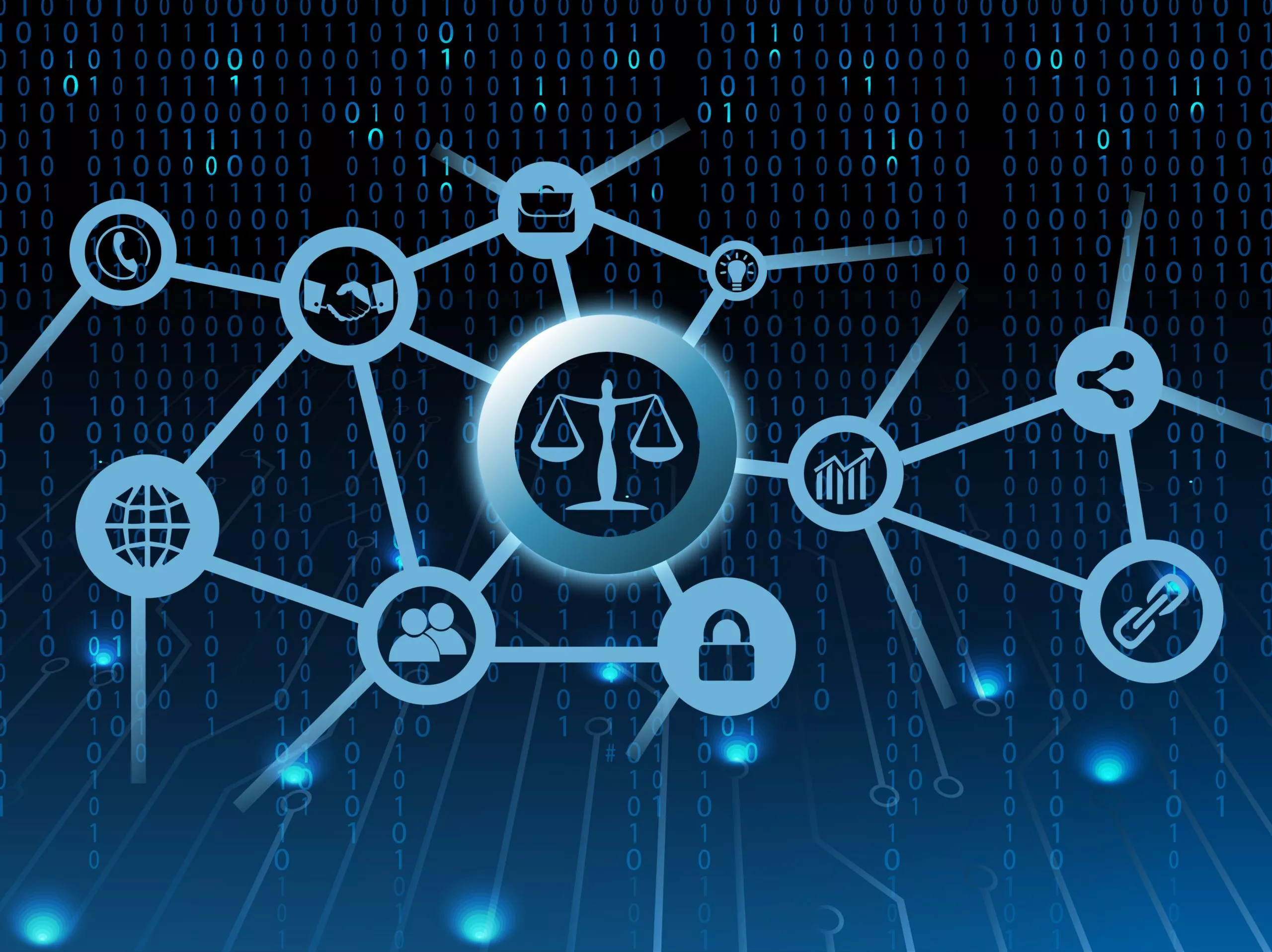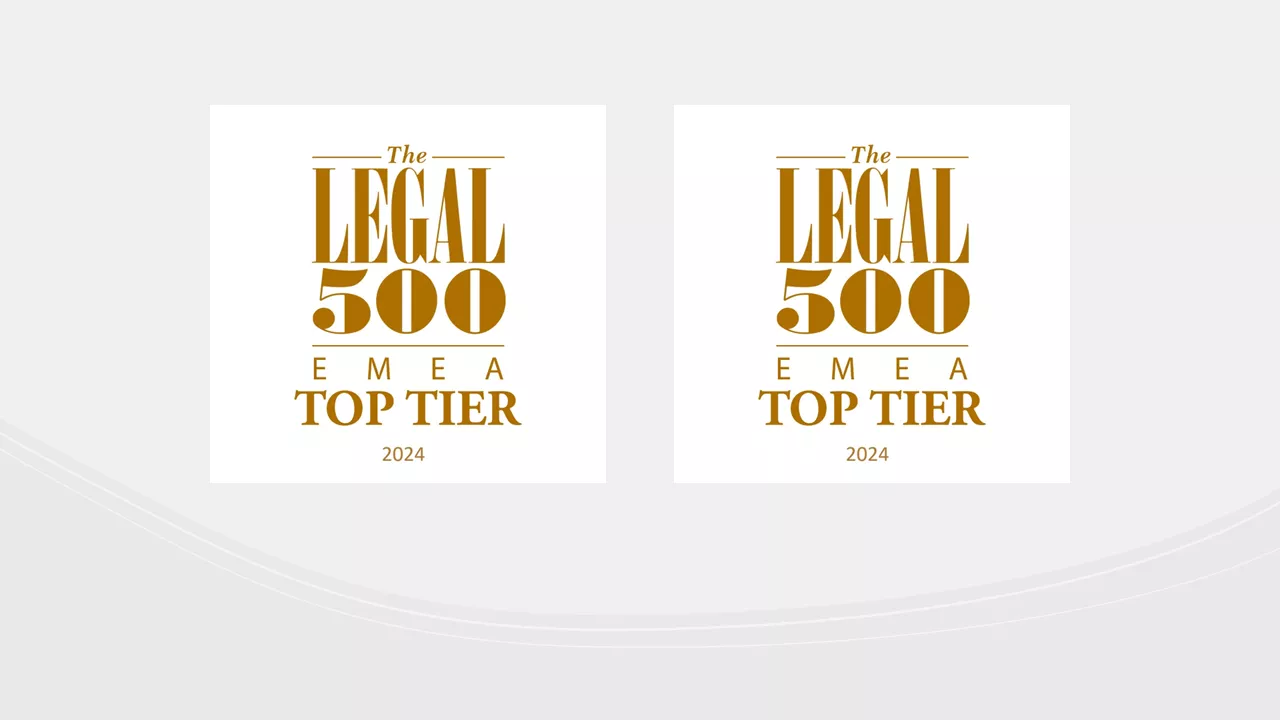Imagine: you have a claim against someone, but not the evidence to prove it. Perhaps you cannot get hold of the documents as they are in the possession of your counter party or even a third party and they are unwilling to voluntarily provide you with them. If you were then to initiate court proceedings in order to claim payment of your claim, chances would be that you would fail to make your case and your claim would be denied. Also, the party in possession of the evidence may then destroy that evidence. In situations like these, seizure of evidence may provide a solution.
In 2013 the Dutch supreme court expanded the opportunities for seizure of evidence to all cases. Since then the number of seizures of evidence has grown considerably. By seizing evidence you can preserve documents for safekeeping, without having to inform the other party prior to the seizure. And that can be very useful. Informing the other party of the seizure would otherwise allow that party (or any third party) to destroy or hide the documents in order to prevent the documents from getting into your hands. The other party will only be informed of the seizure once the bailiff arrives. Seizure of evidence is therefore a far-reaching measure. Consequently, seizure of evidence requires permission from the Dutch court which will only be granted if certain requirements are met.
The documents that you wish to seize must be described in sufficient detail. Such documents can also include digital data (such as data in the cloud) or any data stored on data carriers. Using the seizure of evidence as a fishing expedition is not allowed. In addition, a reasonable interest in seizing evidence is required. A party is considered to have a reasonable interest when there is a risk that the documents will be lost and other (simple) means of proof are unavailable.
If permission is granted the documents will be seized by a bailiff, if necessary with the help of an IT expert. In respect to the seizure the bailiff has access to all areas and your counter party (or third party) will have to provide full cooperation. The purpose of seizure is preservation of the seized documents. In court proceedings (that have to be initiated soon after the seizure) one can request the court to allow inspection or copy of the seized documents.
Want to know more?
For more information regarding seizure of evidence please contact Gerben Smit or Marie-Claire Leijten.



